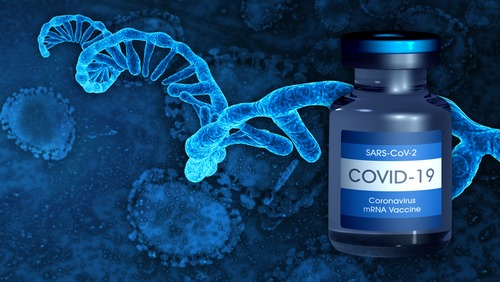
A nationwide study from the University of Utah found that those who receive mRNA COVID-19 vaccines are 91 percent less likely to develop the disease than those who are unvaccinated.
This news came from the RECOVER (Research on the Epidemiology of SARS-CoV-2 in Essential Response Personnel) study, which stretched across eight sites in the United States and included 3,975 participants. The results were published in the New England Journal of Medicine, following preliminary data from the Centers for Disease Control and Prevention (CDC) released in March.
“One of the unique things about this study is that it measured the secondary benefits of the vaccine,” Dr. Sarang Yoon, study co-author, assistant professor at the University of Utah Rocky Mountain Center for Occupational and Environmental Health (RMCOEH) and principal investigator of the RECOVER study, said.
The study measured the risks and rates of infection among frontline personnel and high-risk groups — primarily doctors, nurses, and first responders. It has also become one of the first studies to demonstrate the mRNA vaccination benefits even those who suffer breakthrough infections.
“These are the people who are getting exposure to the virus day in and day out, and the vaccine protected them against getting the disease,” Yoon said. “Those who unfortunately got COVID-19 despite being vaccinated were still better off than those who didn’t.”
Other important details from the study included that such vaccines were 81 percent effective in reducing risk for infection even after partial vaccination, which is to say two weeks after the first dose. Presence of fever was cut by 58 percent among those vaccinated before breakthrough infection, while days spent in sickbed were reduced by 60 percent. The 91 percent efficacy was reached for participants two weeks after their second dose of a vaccine.
According to researchers, the results also suggested that fully or partially vaccinated individuals who get COVID-19 may be less likely to spread the virus to others. Full or partially vaccinated participants were found to have 40 percent less detectable virus in their nose, and for six days fewer, even when infected.
The RECOVER study is, however, ongoing, with the intention to study children 12 years and older in the days to come.




